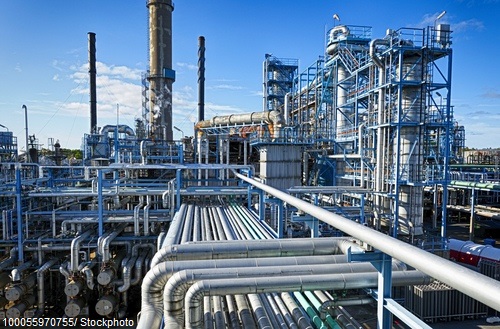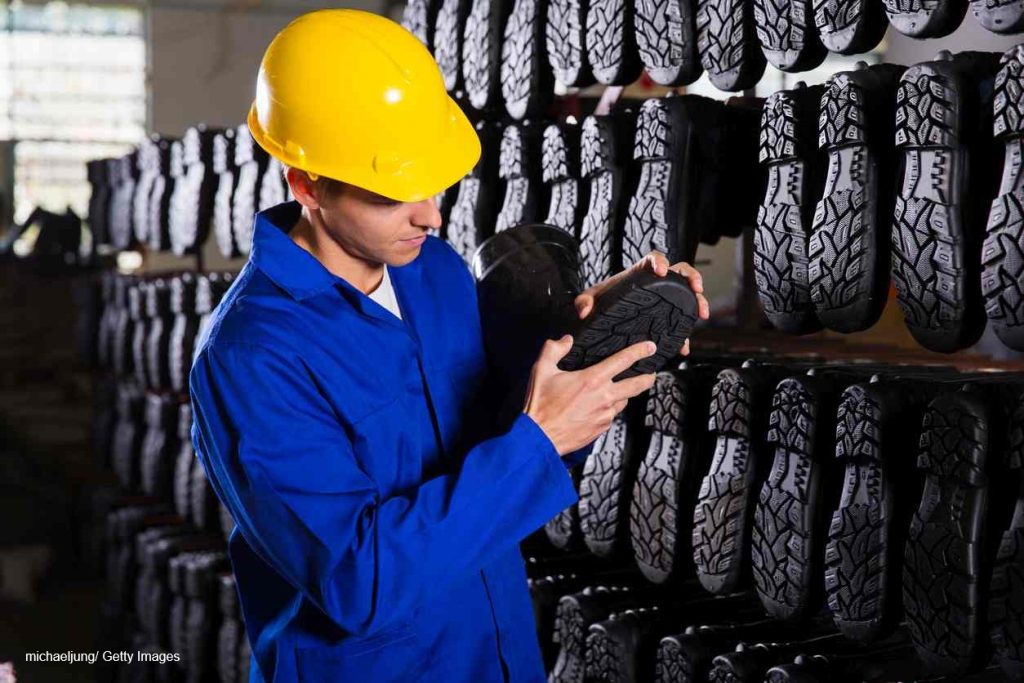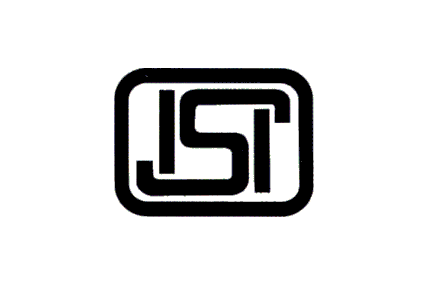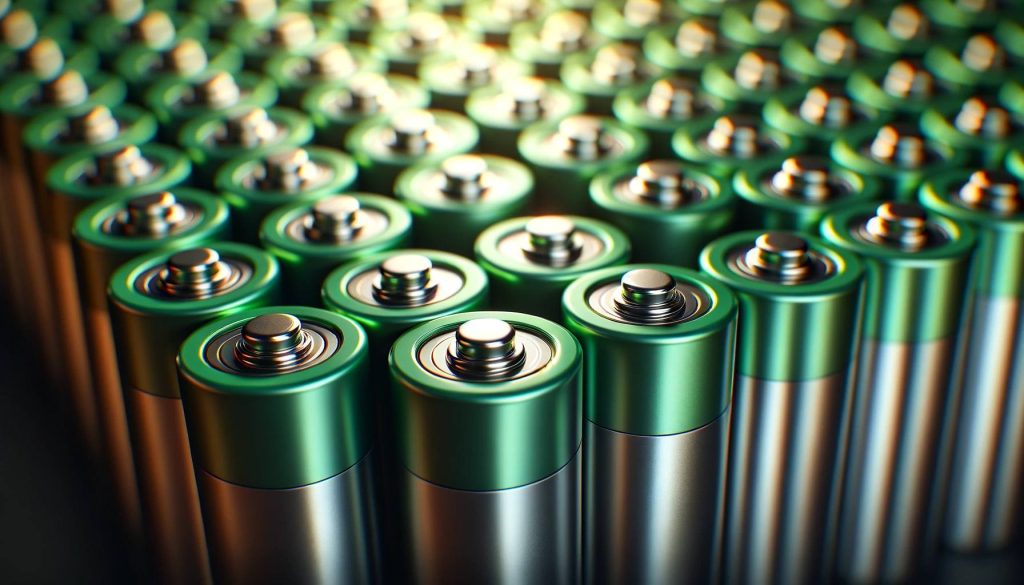BIS Sets New Benchmark for India’s Hydrogen Industry in India
In a significant development for India’s hydrogen industry, the Bureau of Indian Standards (BIS) has published a list of 23 Indian standards related to hydrogen. This announcement, which is crucial for the BIS certification process, marks a significant step in the standardization and regulation of the hydrogen sector in India.

The latest Bureau of Indian Standards (BIS) standards cover a wide range of products that are critical to the hydrogen industry in India. They include, inter alia, the specifications on the quality of hydrogen fuel (IS 16061:2021) and include safety-related requirements for hydrogen generators using fuel processing technologies (IS 16512:2016) as well as for those using water electrolysis (IS 16509:2020). Furthermore, the standards contain guidelines for hydrogen detection devices in stationary applications (IS 16253:2016) and set requirements for liquid hydrogen in vehicle tanks (IS/ISO 13985:2006) and for gaseous hydrogen refuelling connections for land vehicles (IS/ISO 17268:2020). These standards are a sign of a comprehensive and well-thought-out strategy focused on the safe use, storage, and handling of hydrogen.
| NO. | INDIAN STANDARD |
| 1 | IS 16061:2021 Hydrogen Fuel Quality Product Specification |
| 2 | IS 16512 (PART 1):2016 Hydrogen generators using fuel processing technologies — Part 1: Safety |
| 3 | IS 16509:2020 Hydrogen generators using water electrolysis — Industrial, commercial, and residential applications |
| 4 | IS 16253:2016 Hydrogen detection apparatus — Stationary applications |
| 5 | IS/ISO 13985:2006 Liquid hydrogen — Land vehicle fuel tanks |
| 6 | IS/ISO 17268:2020 Gaseous hydrogen land vehicle refuelling connection devices |
| 7 | IS/ISO 12619-1:2014 Road vehicles — Compressed gaseous hydrogen (CGH2) and hydrogen/natural gas blends fuel system components — Part 1: General requirements and definitions |
| 8 | IS/ ISO 12619-2:2014 Road vehicles — Compressed gaseous hydrogen (CGH2) and hydrogen/natural gas blends fuel system components — Part 2: Performance and general test methods |
| 9 | IS/ ISO 12619-3:2014 Road vehicles — Compressed gaseous hydrogen (CGH2) and hydrogen/natural gas blends fuel system components — Part 3: Pressure regulator |
| 10 | IS/ ISO 12619-4:2016 Road vehicles — Compressed gaseous hydrogen (CGH2) and hydrogen/natural gas blends fuel system components — Part 4: Check valve |
| 11 | IS/ISO 12619-5:2016 Road vehicles — Compressed gaseous hydrogen (CGH2) and hydrogen/natural gas blends fuel system components — Part 5: Manual cylinder valve |
| 12 | IS/ ISO 12619-6:2017 Road vehicles — Compressed gaseous hydrogen (CGH2) and hydrogen/natural gas blends fuel system components — Part 6: Automatic valve |
| 13 | IS/ ISO 12619-7:2017 Road vehicles — Compressed gaseous hydrogen (CGH2) and hydrogen/natural gas blends fuel system components — Part 7: Gas injector |
| 14 | IS/ ISO 12619-8:2017 Road vehicles — Compressed gaseous hydrogen (CGH2) and hydrogen/natural gas blends fuel system components — Part 8: Pressure indicator |
| 15 | IS/ ISO 12619-9:2017 Road vehicles — Compressed gaseous hydrogen (CGH2) and hydrogen/natural gas blends fuel system components — Part 9: Pressure relief valve (PRV) |
| 16 | IS/ ISO 12619-10:2017 Road vehicles — Compressed gaseous hydrogen (CGH2) and hydrogen/natural gas blends fuel system components — Part 10: Pressure relief device (PRD) |
| 17 | IS/ ISO 12619-11:2017 Road vehicles — Compressed gaseous hydrogen (CGH2) and hydrogen/natural gas blends fuel system components — Part 11: Excess flow valve |
| 18 | IS/ ISO 12619-12:2017 Road vehicles — Compressed gaseous hydrogen (CGH2) and hydrogen/natural gas blends fuel system components — Part 12: Gas-tight housing and ventilation hoses |
| 19 | IS/ ISO 12619-13:2017 Road vehicles — Compressed gaseous hydrogen (CGH2) and hydrogen/natural gas blends fuel system components — Part 13: Rigid fuel line in stainless steel |
| 20 | IS/ ISO 12619-14:2017 Road vehicles — Compressed gaseous hydrogen (CGH2) and hydrogen/natural gas blends fuel system components — Part 14: Flexible fuel line |
| 21 | IS/ ISO 12619-15:2017 Road vehicles — Compressed gaseous hydrogen (CGH2) and hydrogen/natural gas blends fuel system components — Part 15: Filter |
| 22 | IS/ ISO 12619-16:2017 Road vehicles — Compressed gaseous hydrogen (CGH2) and hydrogen/natural gas blends fuel system components — Part 16: Fittings |
| 23 | IS/ISO 23828: 2013 Fuel Cell Road Vehicles – Energy Consumption Measurement – Vehicles fuelled with Compressed Hydrogen |
The introduction of these standards by the BIS is a milestone in the development and regulation of the hydrogen sector in India. With this initiative, BIS aims to increase safety, reliability, and efficiency in the handling of hydrogen. These standards have the potential to have a profound impact on the energy industry, transportation sector, and environmental sustainability in India. At a time when hydrogen technology is advancing rapidly, these BIS certifications will be instrumental in shaping and adapting the industry to global best practices.
If you are interested in understanding what requirements are needed for your product to be imported into India, please do not hesitate to contact us by email or phone (Europe: +49-69-271 37 69 261, US: +1 773 654-2673). There is no cost or obligation for us to check for you. If a certification need is discovered we can provide a quotation to make sure that all your certification needs are covered.
If you have any questions you can also use our chat-window in the bottom right. (Please check your browser settings if you can’t see the window)
For more information about BIS certification, please refer to our free brochure “BIS Certification Made Easy“.
Scheme of Inspection and Testing (SIT) for ISI Mark optional for Small Footwear Manufacturers
In an announcement on September 14, 2023 the Bureau of Indian Standards (BIS) made important changes to the Product Manuals for various consumer footwear and footwear components that relate to BIS Certification. The changes provide greater flexibility to micro and small manufacturers by making compliance with the Scheme of Inspection and Testing (SIT) optional in certain areas.

Under the revised guidance, the following SIT requirements are considered optional for micro and small manufacturers:
- Laboratory requirements (clause 1): The requirement to maintain an adequately equipped and staffed laboratory will not be mandatory.
- Test protocols (clause 2): The requirement to maintain test records will not be mandatory.
- Control unit (clause 4) and control levels (clause 5): The performance of tests as specified under the control levels will be optional.
These amendments apply to a range of consumer footwear and footwear components, including the following footwear:
- Sandals and Slippers (IS 6721:2023)
- Hawaii Chappals (IS 10702:2023)
- Sports Footwear (IS 15844:2010, IS 15844 (Part 1):2023, IS 15844 (Part 2):2023)
- Canvas Shoes and Boots with Rubber Sole (IS 3735:1996, IS 3736:1995)
- Molded Solid Rubber Soles and Heels (IS 5676:1995)
- Rubber Microcellular Sheets for Soles and Heels (IS 6664:1992)
- Solid PVC Soles and Heels (IS 6719:1972)
- Polyurethane Sole, Semirigid (IS 13893:1994)
It is important to note that while these specific requirements are optional, all entities, including micro and small manufacturers, must continue to ensure compliance with Indian Standards and SIT related to packaging and labeling and rejection. In addition, the other BIS-ISI Certification requirements for obtaining the BIS Certificate continue to apply.
If you are interested in understanding what requirements are needed for your product to be imported into India, please do not hesitate to contact us by email or phone (Europe: +49-69-271 37 69 261, US: +1 773 654-2673). There is no cost or obligation for us to check for you. If a certification need is discovered we can provide a quotation to make sure that all your certification needs are covered.
If you have any questions you can also use our chat-window in the bottom right. (Please check your browser settings if you can’t see the window)
For more information about BIS certification, please refer to our free brochure “BIS Certification Made Easy“.
Mandatory BIS-ISI Certification for Medical Textiles in India
On September 27, 2023 the Indian Ministry of Textiles has released the “Medical Textiles (Quality Control) Order, 2023”. This publication aims to enhance the quality control measures within the production of medical textiles and key components of healthcare devices. The standards concerned refer to the ISI certification scheme (Scheme I) of the BIS certification.

BIS-ISI certification is required for many different product groups, such as electronics, household appliances, safety glass, etc.
The affected standards will come into effect throughout the course of 2024. BIS certification will be be mandatory for many types of medical textiles.
Here you will find an overview of the affected product groups for which new standards and mandatory BIS certification are expected as well as their implementation dates:
| No. | Good or article | Indian Standard | Title of Indian Standard | Timeline for Implementation |
| 1 | Sanitary Napkins | IS 5405:2019 | Sanitary Napkins – Specification (second revision) | For Small & Micro Enterprises (SME) –October 1, 2024 For Others – April 1, 2024 |
| 2 | Baby Diaper | IS 17509:2021 | Disposable Baby Diaper – Specification | |
| 3 | Reusable Sanitary Pad Sanitary Napkin Period Panties | IS 17514:2021 | Reusable Sanitary Pad/ Sanitary Napkin/ Period Panties -Specification | |
| 4 | Shoe Covers | IS 17349:2020 | Medical Textiles – Shoe Covers – Specification | April 1, 2024 |
| 5 | Dental Bib/ Napkins | IS 17354:2020 | Medical textiles – Dental Bib or Napkins – Specification | |
| 6 | Bedsheets and Pillow Covers | IS 17630:2021 | Medical Textiles – Bed Sheets and Pillow Covers -Specification |
If you are interested in understanding what requirements are needed for your product to be imported into India, please do not hesitate to contact us by email or phone (Europe: +49-69-271 37 69 261, US: +1 773 654-2673). There is no cost or obligation for us to check for you. If a certification need is discovered we can provide a quotation to make sure that all your certification needs are covered.
If you have any questions you can also use our chat-window in the bottom right. (Please check your browser settings if you can’t see the window)
For more information about BIS certification, please refer to our free brochure “BIS Certification Made Easy“.
Regulatory Changes: Disposal of Battery Waste in India
The Ministry of Environment, Forest and Climate Change has announced amendments to the Battery Waste Management Rules of 2022. The provisions came into force on October 25, 2023.

Companies producing batteries, distributors, end users and organizations involved in the collection, classification, transport, treatment and recycling of waste batteries are required to comply with these regulations. These regulations apply to all types of batteries, regardless of their chemical nature, shape, size, weight, composition of materials and intended use. This includes batteries for electric cars, household appliances, automotive batteries and those used in industry.
The most important points of the notification are listed below:
1. The new definition of “battery” does not include battery components. Previously, the definition included new or reconditioned cells/batteries and their components.
2. The EPR (Extended Producer Responsibility) for batteries used for own use also falls within the scope of the regulation.
3. Producers are obliged to submit annual reports on the batteries produced in the previous fiscal year.
4. Registrations do not expire until they are cancelled or withdrawn by the producer.
5. The mandatory targets for the collection, recycling or reprocessing of waste batteries for electric vehicles, including e-rickshaws, of categories L5, L5-M, L5-N and e-carts have been replaced.
6. Manufacturers must ensure that each battery or battery pack is provided with an EPR (Extended Producer Responsibility) registration number by 31 March 2025 at the latest.
If you are interested in understanding what requirements are needed for your product to be imported into India, please do not hesitate to contact us by email or phone (Europe: +49-69-271 37 69 261, US: +1 773 654-2673). There is no cost or obligation for us to check for you. If a certification need is discovered we can provide a quotation to make sure that all your certification needs are covered.
If you have any questions you can also use our chat-window in the bottom right. (Please check your browser settings if you can’t see the window)
You can find further information on Battery Waste Management for India on our website.



